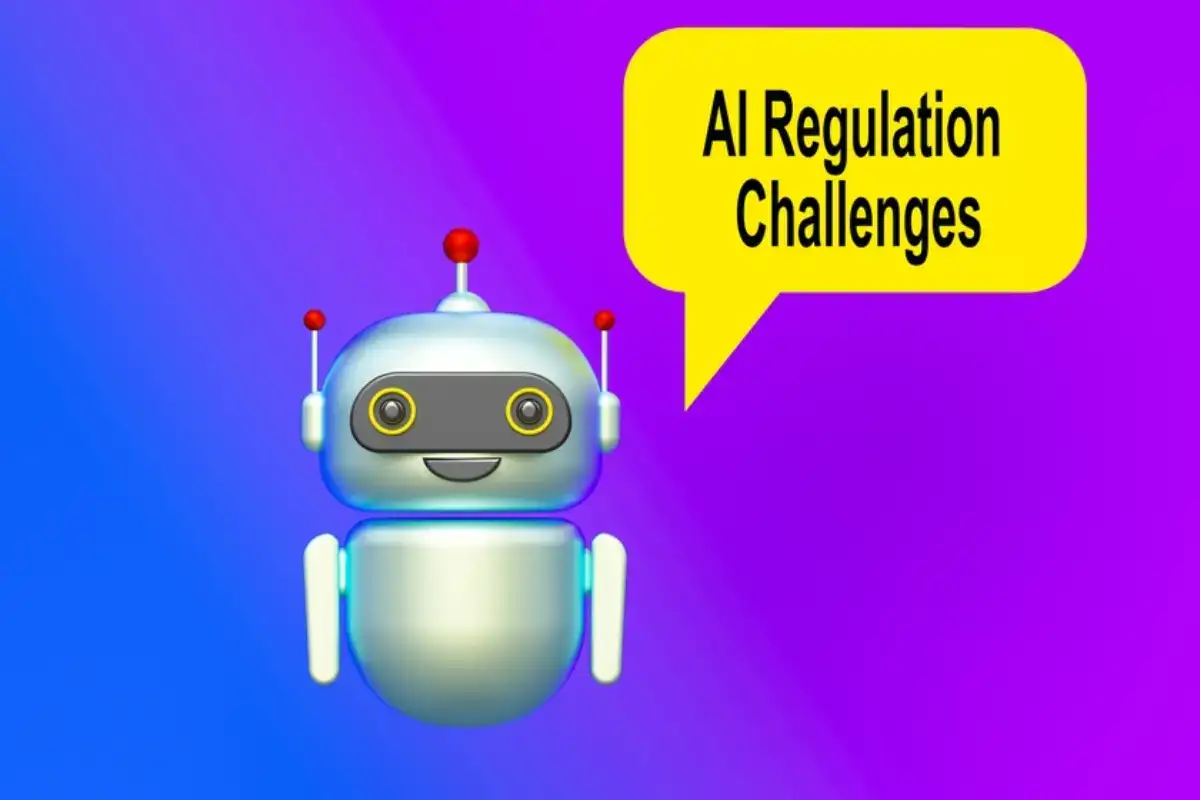AI Law in UAE: Data Protection is a Legal Anchor
June 20 2025
Strategic Vision and Policy Foundations
The United Arab Emirates has positioned itself as a global pioneer in artificial intelligence (AI), launching the UAE Strategy for Artificial Intelligence 2031 to integrate AI across key sectors such as health, education, logistics, and energy. This vision is not just about innovation—it reflects a deep commitment to shaping the legal and ethical framework that governs AI technologies. A landmark decision in April 2025 reinforces this vision: the UAE Cabinet approved the launch of the world’s first AI-powered regulatory intelligence ecosystem. The system uses machine learning to link laws with real-world applications, helping legislators anticipate needed reforms and reducing drafting time by up to 70%.
Sector-Specific Regulation in Action
The UAE continues to regulate AI through a sector-based approach. In healthcare, the Ministry of Health and Prevention has released guidance for AI-driven diagnostics, emphasizing patient safety and transparency. In finance, regulators such as the Dubai Financial Services Authority (DFSA) and Abu Dhabi Global Market (ADGM) have established frameworks to monitor algorithmic trading and automated investment platforms. These domain-specific efforts are grounded in transparency, accountability, and consumer protection.
Data Protection as a Legal Anchor
AI regulation in the UAE is closely tied to personal data protection. The Federal Decree-Law No. 45 of 2021 on the Protection of Personal Data (PDPL) governs how data may be collected, stored, and processed. Any AI system that relies on personal or biometric data must comply with this legislation. Developers and companies are responsible for ensuring their AI models operate within a lawful data governance structure, with mechanisms for consent, accuracy, and the right to object to automated decision-making.
Ethical Guidelines and the UAE AI Charter
The ethical use of AI is also under official guidance. In 2025, the UAE released the Charter for the Development and Use of Artificial Intelligence, outlining 12 core principles including fairness, privacy, reliability, and human control. This builds on the earlier Dubai Ethical AI Toolkit, encouraging organizations to apply principles of ethical design and deployment. Though these frameworks are not yet legally binding, they demonstrate the government's forward-thinking stance and the expectation of ethical responsibility from developers and users.
AI in Education and Talent Development
In line with building a future-ready ecosystem, the UAE recently announced that AI literacy will become part of the national school curriculum, preparing students from an early age for careers in technology and innovation. This education reform complements the broader legal ecosystem by creating a generation equipped to work within – and eventually lead – the country’s regulated AI economy.
A Dynamic, Global Approach
The UAE’s legal posture toward AI is in line with the country’s purpose in being a Global Financial Centre and continues to evolve in tandem with international trends. The country has shown leadership on the global stage, supporting international AI policies that call for ethical alignment and interoperability. Its use of regulatory sandboxes and AI-based legislative systems marks a pragmatic, adaptive approach to AI governance.
How MIS Can Support You
As the UAE’s AI legal ecosystem becomes more sophisticated, businesses and innovators must stay ahead of both regulatory and ethical obligations. At MIS, we advise clients on compliance with AI-related data privacy laws, sector-specific requirements, ethical AI implementation, and corporate governance strategies. Whether you are developing, investing in, or deploying AI in the UAE, our team is ready to provide tailored, forward-thinking legal support to help you navigate this rapidly evolving space with confidence.
For more information, please do not hesitate to get in touch with us on [email protected]
We will be pleased to hear from you and connect you with our lawyers.
References:
- Dubai Financial Services Authority. FinTech Rules and Guidelines.
- Ministry of Health and Prevention (MOHAP). Artificial Intelligence in Healthcare Initiatives.
- Smart Dubai. Ethical AI Toolkit.
- UAE Cabinet. “UAE to Integrate AI into Its Legal System.” Gulf News, April 2025.
- UAE Government. UAE Strategy for Artificial Intelligence 2031.
- UAE Ministry of Artificial Intelligence. Charter for the Development and Use of Artificial Intelligence.
- UAE Cabinet. Federal Decree-Law No. 45 of 2021 on the Protection of Personal Data.

